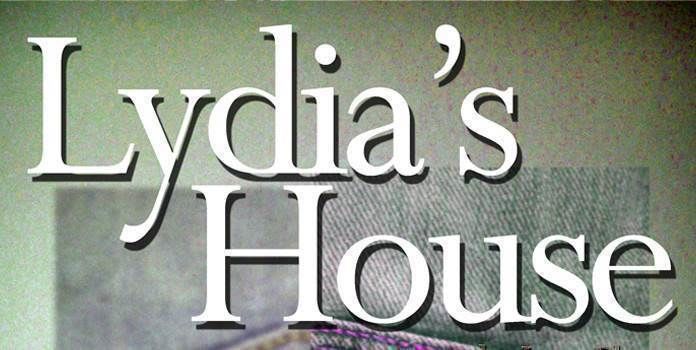Janet Plater’s new work is named after an actual organisation based in Newcastle and Sunderland which aims to offer people who have suffered from the region’s long slow decline, work-based learning in a creative environment.
For the all-female protagonists of this touring play, rebuilding their lives starts with each building and fitting out their own doll’s house at a Sunderland furniture restoration company under the watchful eye of their teacher (Christina Berriman Dawson) who has some rebuilding of her own to achieve. It’s based on a true story.
Most of these women of various ages have suffered at the hands of men, alcohol, drugs, violence, broken marriages, infidelities. They are padding tentatively towards some kind of reparation, but can they survive one another, never mind the outside world?
A doll’s house carries some significant clout in theatre of course and I suspect it’s deliberate that in the middle of the play a discussion takes place about a character called Nora (not seen on stage) who has walked out on her children in an attempt to rescue her life.
Though I doubt any character here is likely to cause the storm which the original Nora, Ibsen’s heroine or anti-heroine of A Doll's House, did when first seen on stage in 1878. The almost full audience at Washington Arts Centre’s neat little theatre was virtually all female and you sensed them willing the play to succeed.
This may be partly because the north east remains one of the country’s most macho areas and, despite the efforts of companies such as Open Clasp, an all-female cast of five ain’t seen too often in these parts. Strangely, there’s no company name in the programme. What is the company’s name, I enquired? Even more strangely, I was told they hadn’t decided on one.
Laura Lindow directs Natalie Ann Jamieson, Elizabeth Edmonds, Bev Fox, Viktoria Kay and Dawson through a straight 70 minutes which takes its time to establish itself partly because early on there’s more a sense of case studies than character development, something this kind of theatre is almost inevitably prey to.
It’s also fairly static. Never have more than two people seated in any scene was one director’s maxim. Here all five are often on their bottoms.
In one neat touch, after the tutor’s well-intentioned spiel on the redemptive power of these creative activities, one character whispers to another, ‘anyway, you get a free meal.’
It’s a play with a big heart, obvious intent and not that many surprises. It may well strike a chord with many women who’d normally never set foot in a theatre and we need more of that in what remains a terribly middle-class art form.
In the later stages, Plater’s writing begins to wriggle free of the research and the play then moves towards a stronger dramatic, as against mainly social, voice. And of course, the best theatre needs both.
